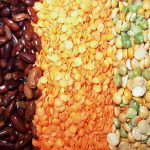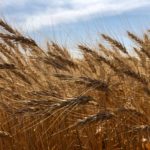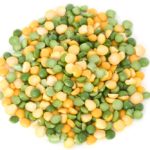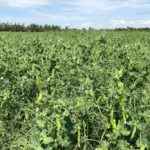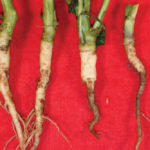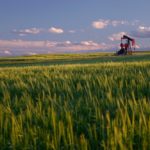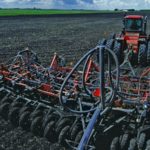Updated, Aug. 18: Consumers’ response to a single-day test of plant-based near-chicken menu items in Mississauga last year has led KFC Canada to add the product, full time, to its menu nationwide. The Canadian arm of the Yum Brands-owned chicken chain announced Wednesday its ‘Plant-Based KFC’ sandwiches will be available permanently at its stores across […] Read more


